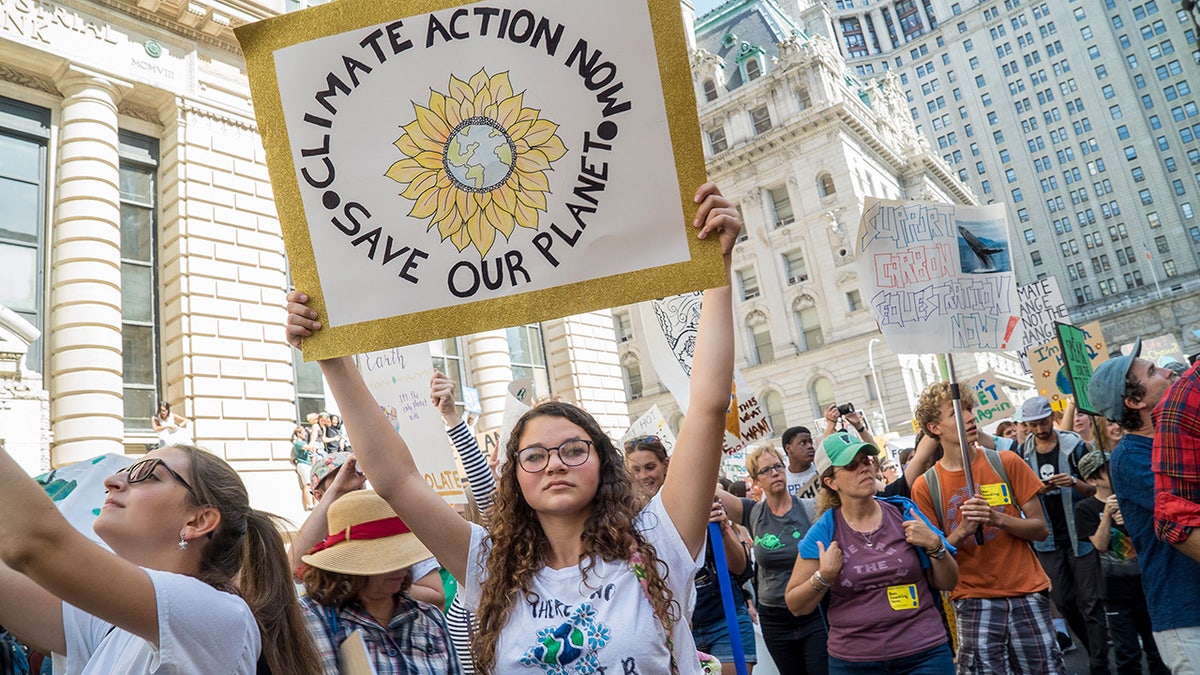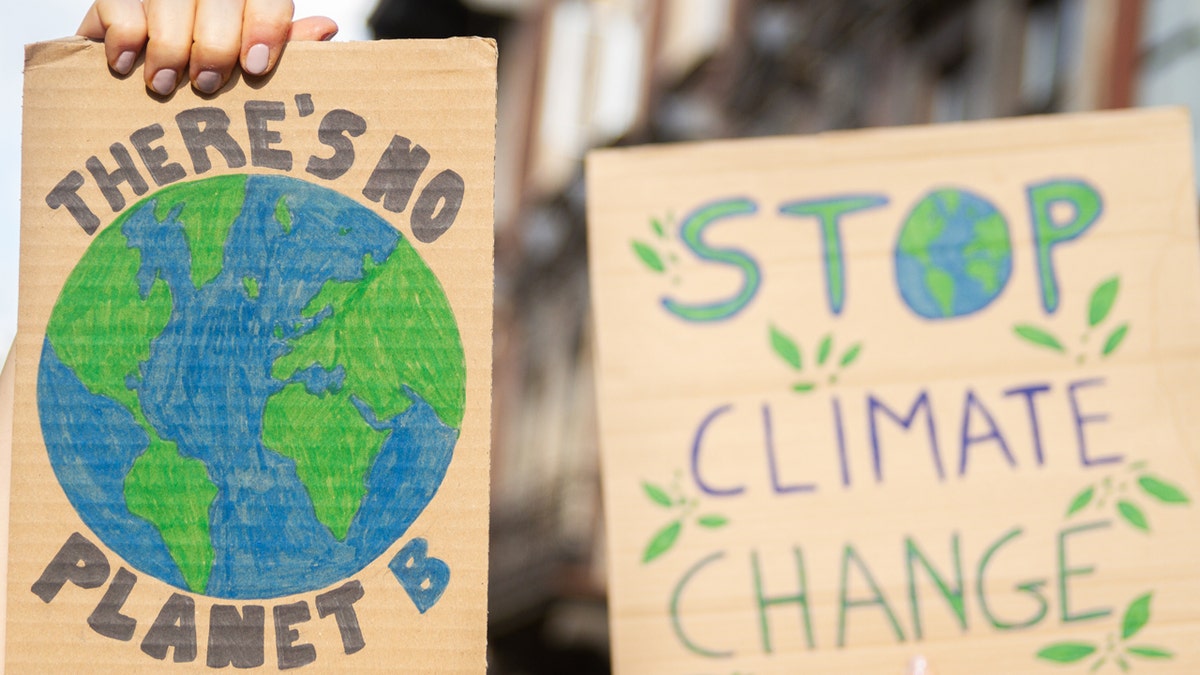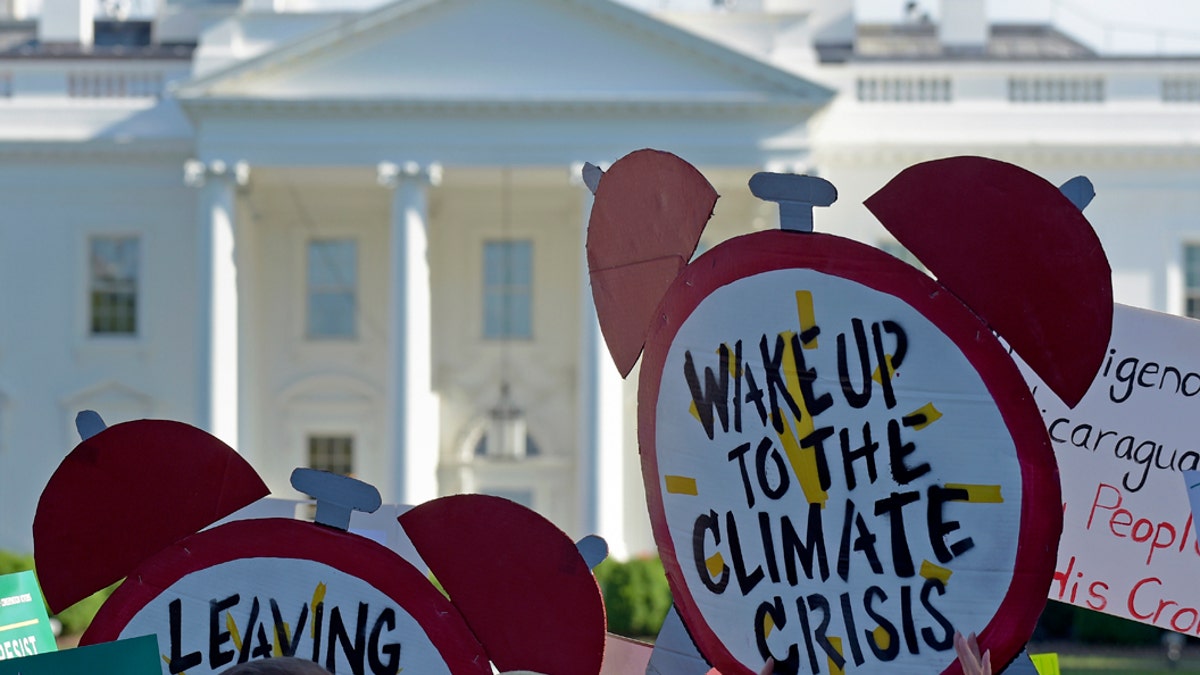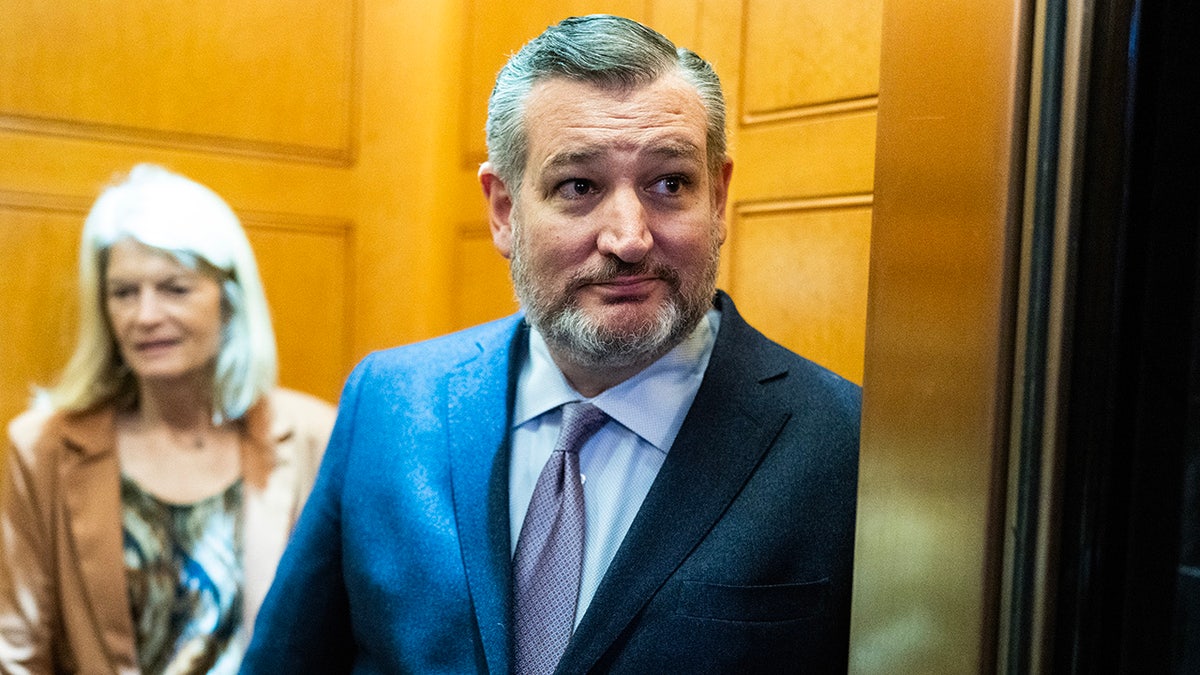The Climate Judiciary Project (CJP), established in 2018 by the Environmental Law Institute (ELI), asserts its neutrality in climate litigation. However, a closer examination reveals connections between CJP experts, judges, and ongoing climate-related lawsuits, raising questions about the project's impartiality.
CJP President Jordan Diamond has publicly stated that the organization doesn't participate in, support, or coordinate with any parties involved in litigation, nor does it advise judges on rulings. Yet, a review reveals several instances that contradict these claims.

Princeton professor Michael Oppenheimer, a CJP curriculum contributor, presented on climate litigation alongside CJP's Sandra Nichols Thiam at a judicial conference. Oppenheimer has a history of filing climate-related amicus briefs. Similarly, University of Utah law professor Robin Kundis Craig, another CJP module author, has also been actively involved in climate litigation, including filing amicus briefs in cases overseen by judges connected to CJP.

One such judge, Justice Mark Recktenwald, presented at CJP-sponsored events and was involved in a case where Craig filed an amicus brief. Recktenwald's court later denied an appeal from oil companies in a climate lawsuit. Another judge with CJP ties, Judge Jeffrey Crabtree, is on a committee that develops environmental law curricula for the judiciary.
Further connections emerge through Ann Carlson, formerly on ELI's board, who provided consulting services to Sher Edling, a law firm involved in climate litigation. Sher Edling personnel, including counsel Michael Burger and former lawyer Meredith Wilensky, have also participated in ELI events.

Critics like Jason Isaac of the American Energy Institute argue that CJP functions as a "left-wing lobbying shop" under the guise of judicial education, influencing judges to favor plaintiffs in climate cases.
Sen. Ted Cruz has also raised concerns about CJP's potential influence on the judiciary, suggesting the organization promotes a "radical environmental agenda" through the courts. He has questioned the project's neutrality and requested information to assess its impact on climate litigation.

The American Energy Institute (AEI) has accused CJP of concealing its partnerships with plaintiffs to avoid ethical concerns. AEI contends that CJP facilitates ex parte communication between judges and climate activists, potentially compromising the rule of law.

ELI maintains that CJP remains neutral and provides judges with evidence-based information. They argue that experts' involvement in both CJP programs and litigation is routine and doesn't imply bias. However, the close connections between CJP, judges, and plaintiffs in climate litigation continue to raise concerns about the organization's objectivity.
Comments(0)
Top Comments